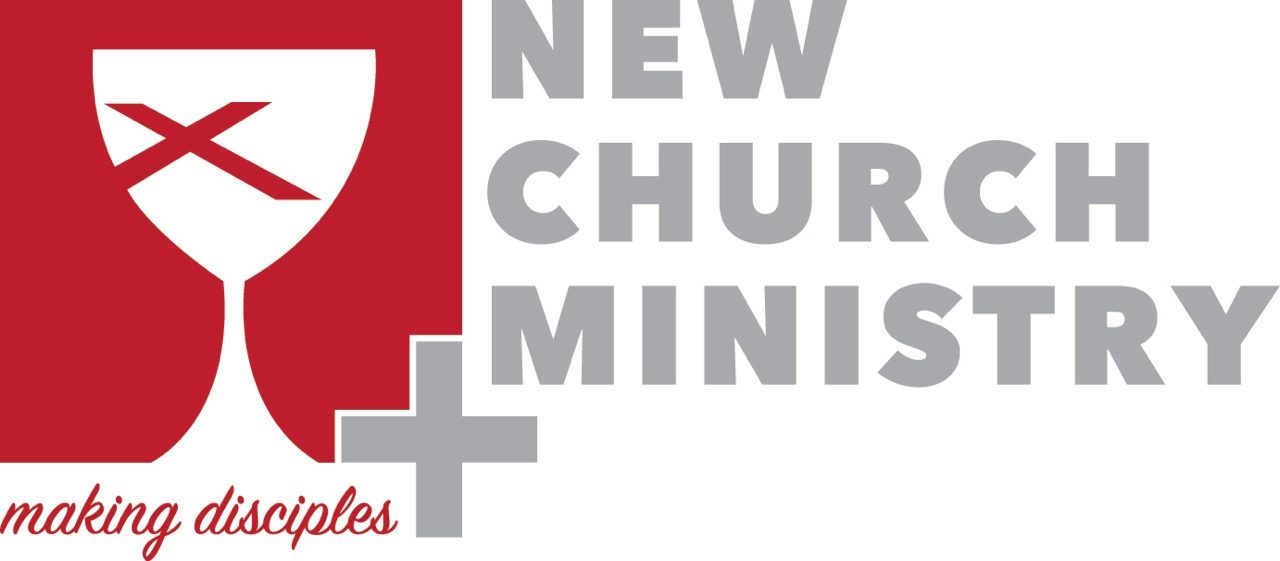Depending on whom you ask, the month of October is important to different people for different reasons. If you are fighting cancer, you may know that October is Breast Cancer Awareness Month. If you have battled depression, you may know that October is Depression Awareness Month. If you are an abuse survivor, you may know that October is Domestic Violence Awareness Month in the United States.
Did you know that there is a special group of people who find October important for all these reasons? This group is clergy. Not only have they walked alongside the members of their faith communities as they struggled to escape abusive situations, endured cancer, and battled depression, but clergy themselves have experienced abuse, struggled through cancer, and fought depression. They accomplish the extraordinary feat of attending to the hurts, pains, and distresses of others at the very same time they deal with their own. In his book, The Wounded Healer, author Henri Nouwen asserts that there needs to be a “deeper understanding of the ways in which ministers can make their own wounds available as a source of healing.” (pg. 4) As a result of their ability to care for others amid their own struggles as a reflection of Christ, clergy are known as wounded healers.
In addition to the reasons listed above, this month is also important because it gives us an opportunity to appreciate these wounded healers. October is Clergy Appreciation Month. We might say that the first concept of Clergy Appreciation Month was suggested by the Apostle Paul in A.D. 62 – 64. In 1 Tim. 5:17, he wrote “Let the elders who rule well be counted worthy of double honor, especially those who labor in the word and doctrine.” (MEV)
Thankfully, within the Christian Church (Disciples of Christ) in the United States and Canada, we have a plethora of resources for these wounded healers to use to help themselves or others.
As you go through the month of October, take time to honor a clergyperson for their service to God and to others despite their own personal struggles. Send a thank-you card, take them to dinner, or buy a bouquet of flowers. Let them know that you care and that they are appreciated.

~ Rev. Dr. Joi Robinson, Associate Minister of New Church Strategies
This blog post appeared in a condensed form for the October 2023 issue of New Church Ministry‘s newsletter, the New Church Know-It-All.

